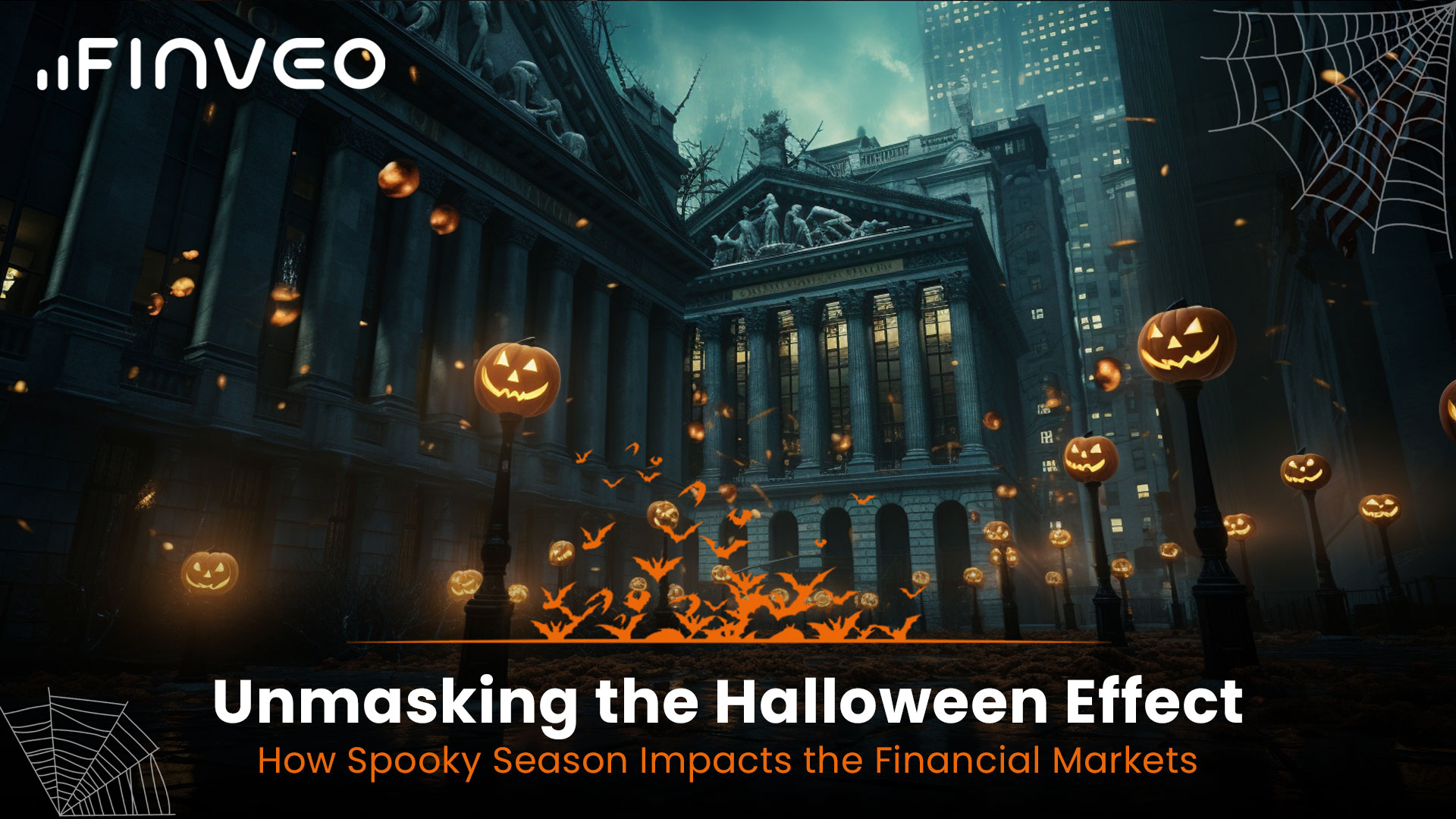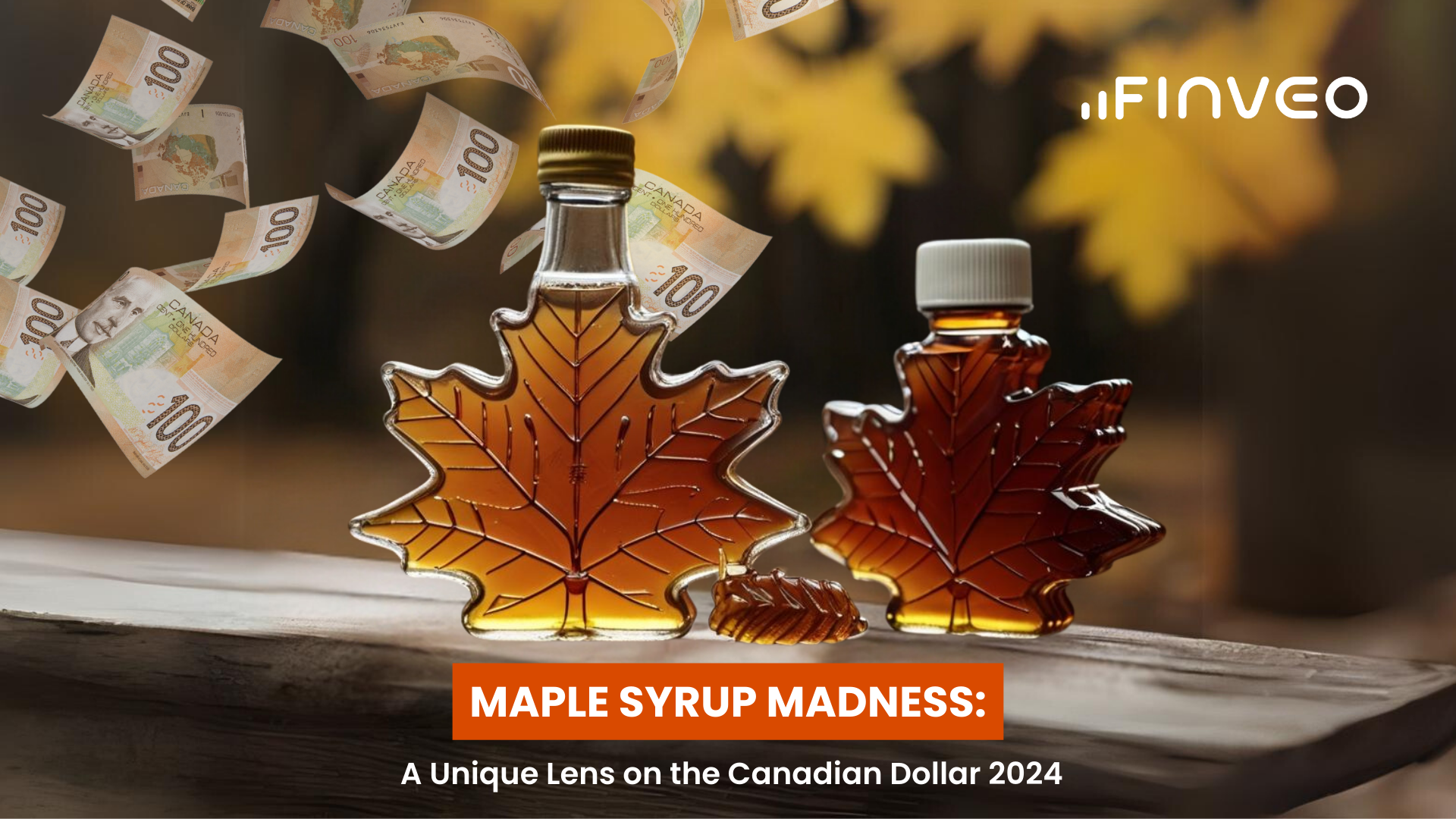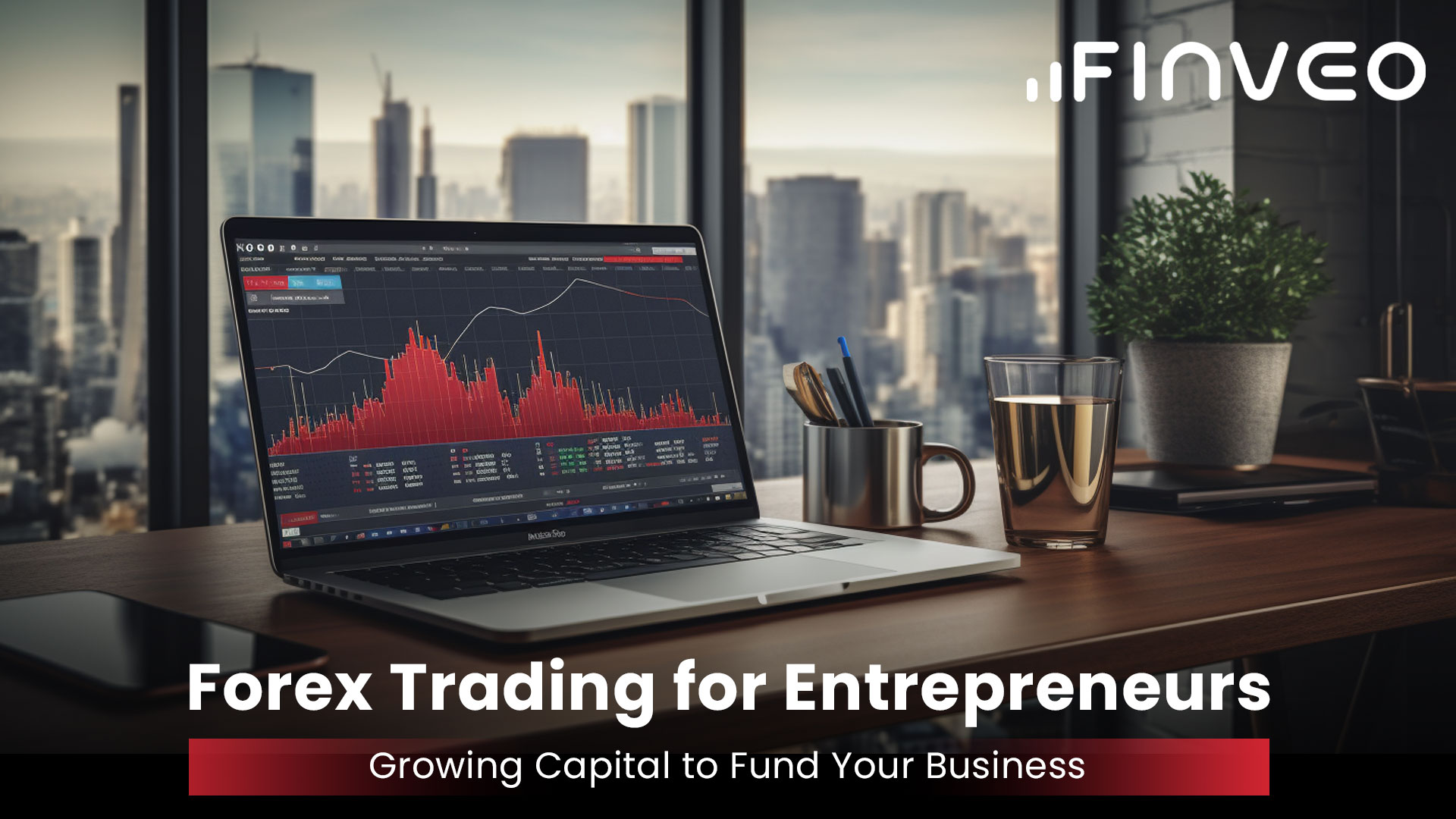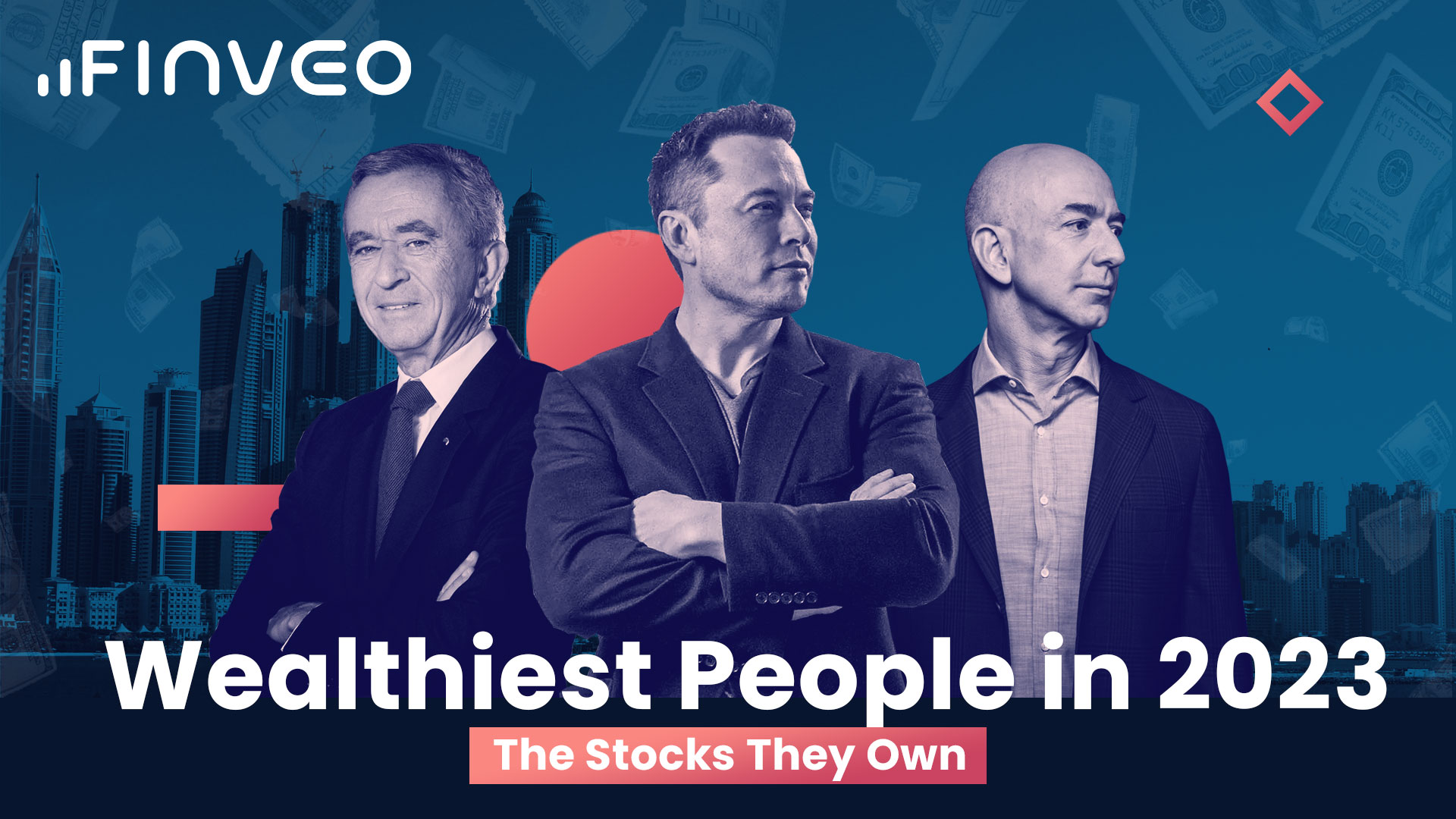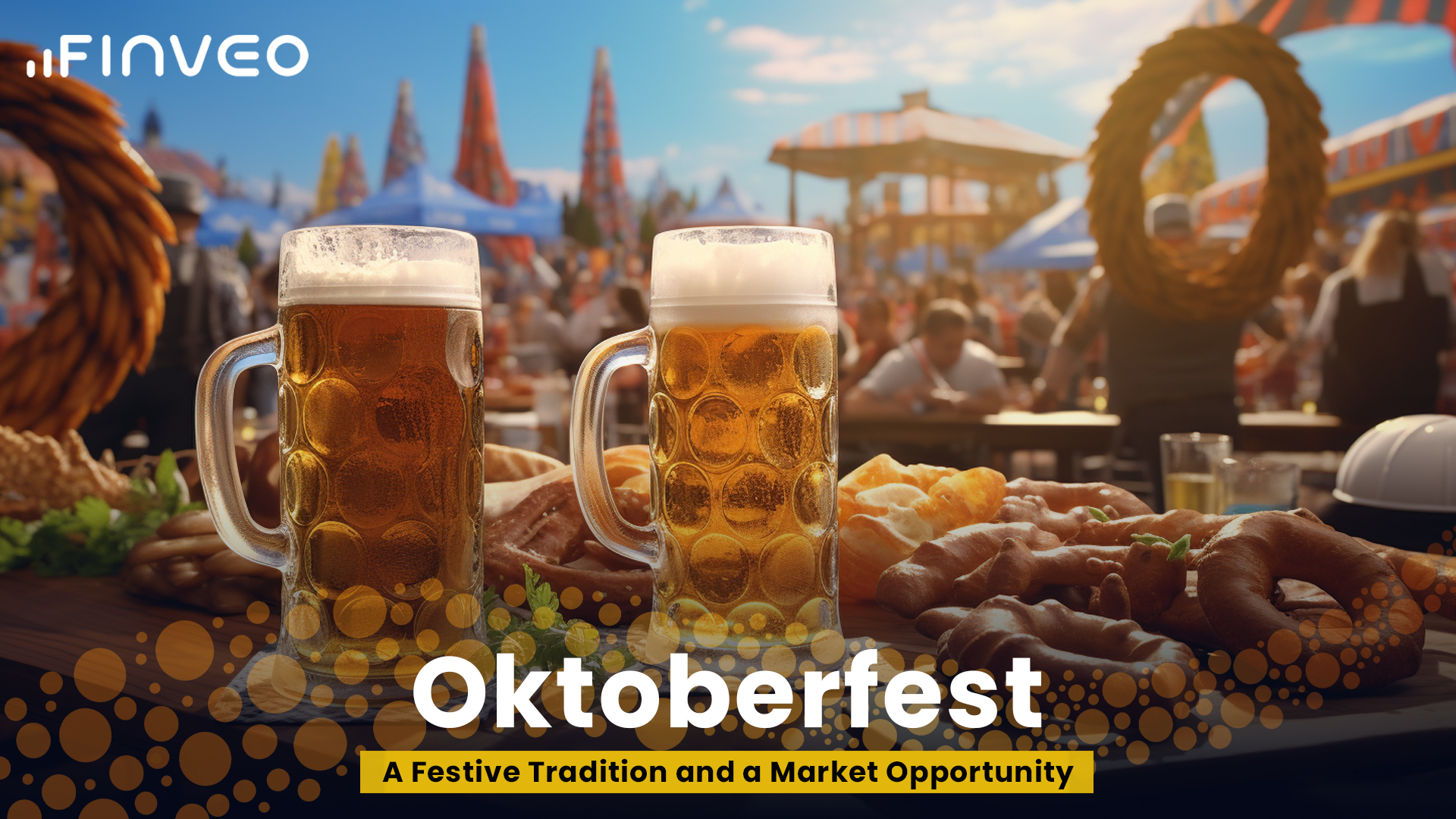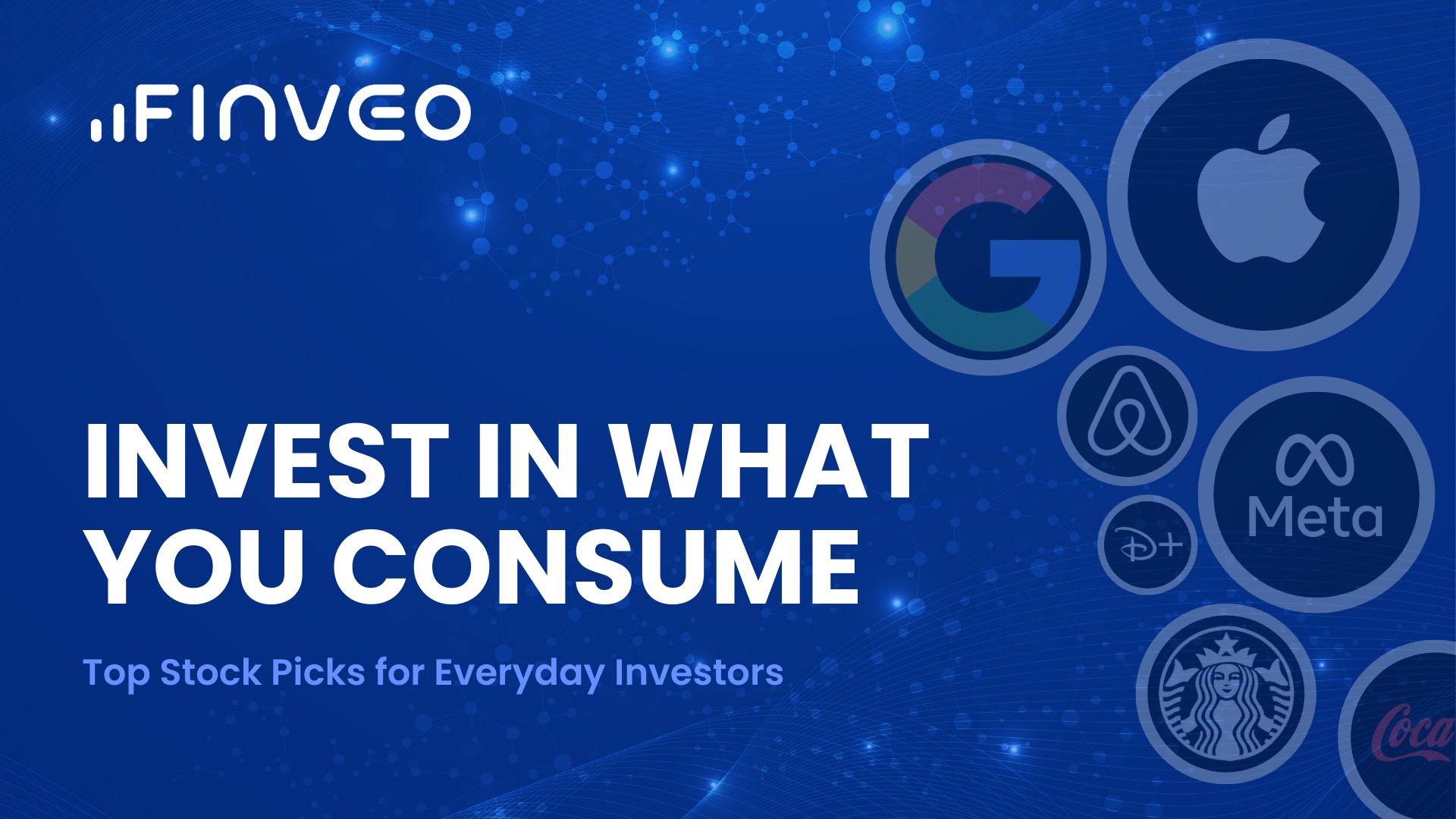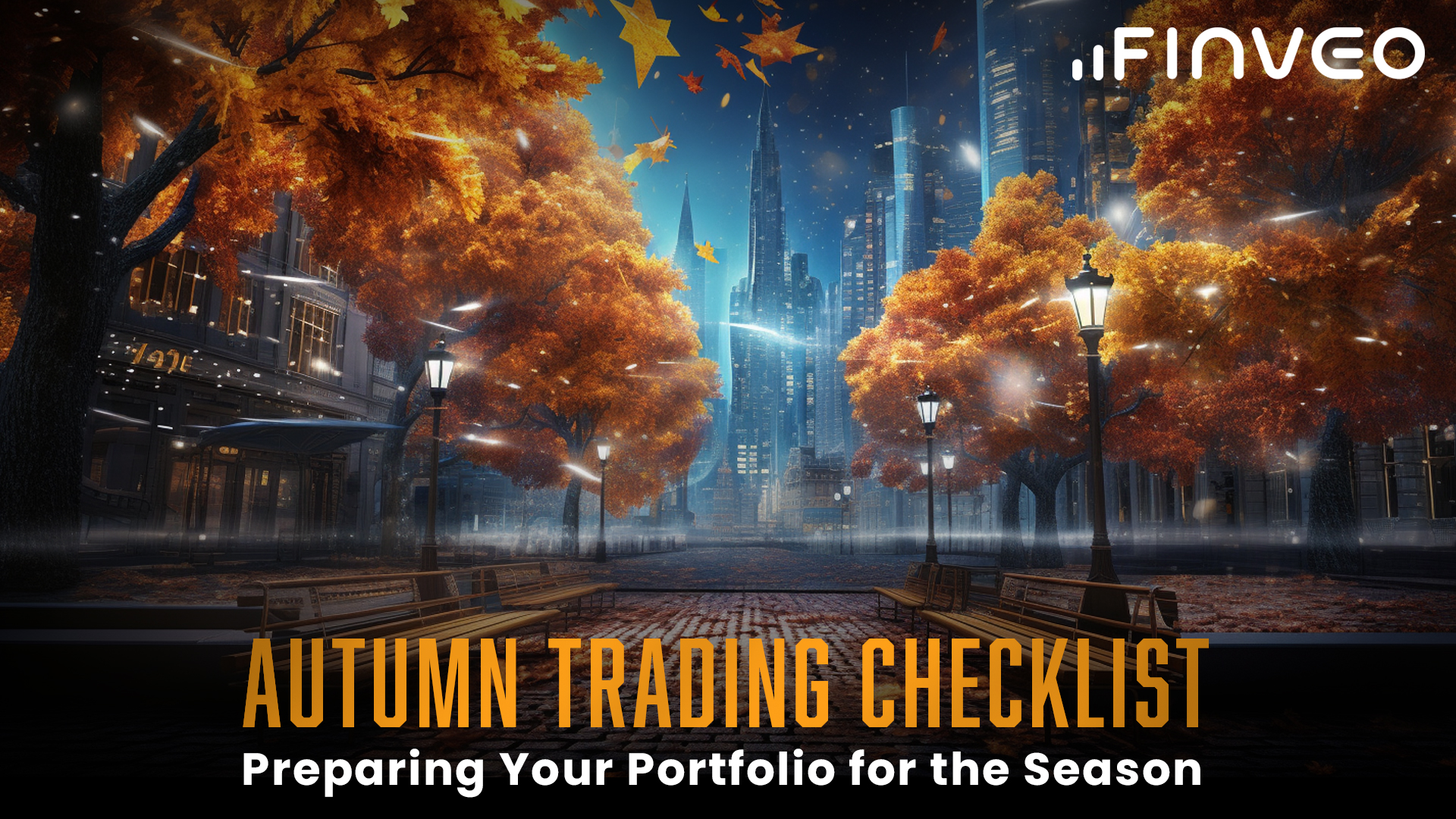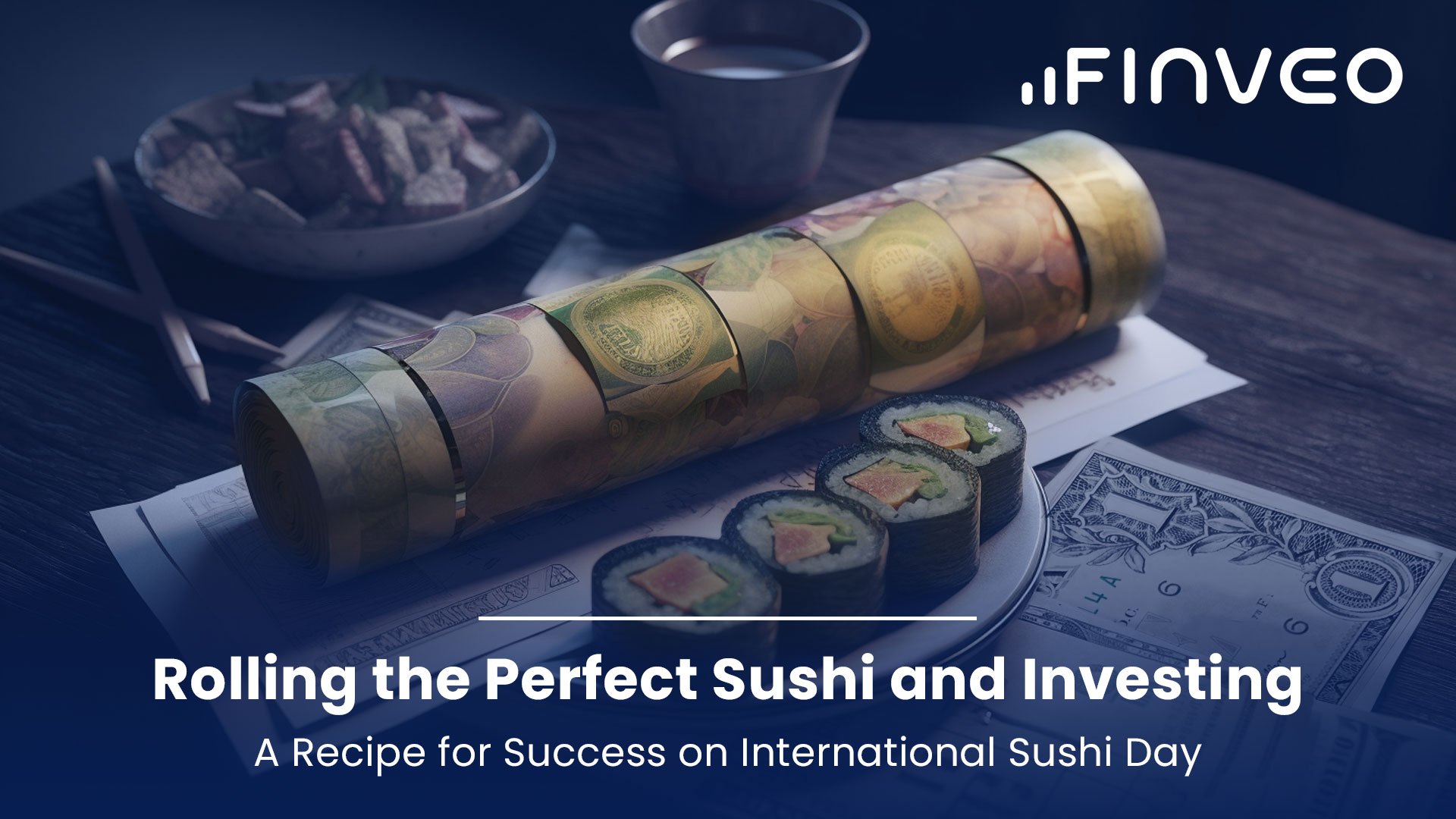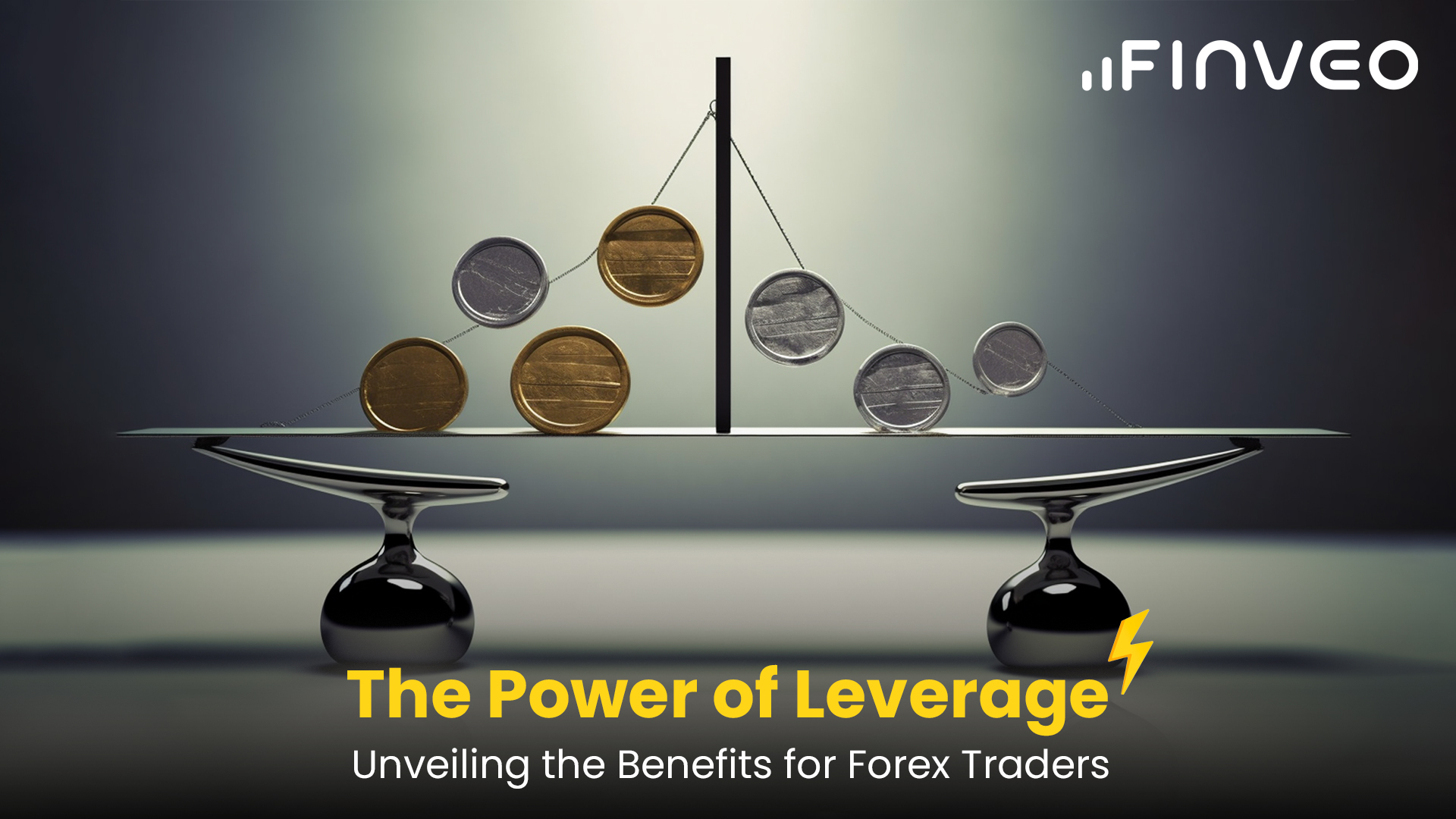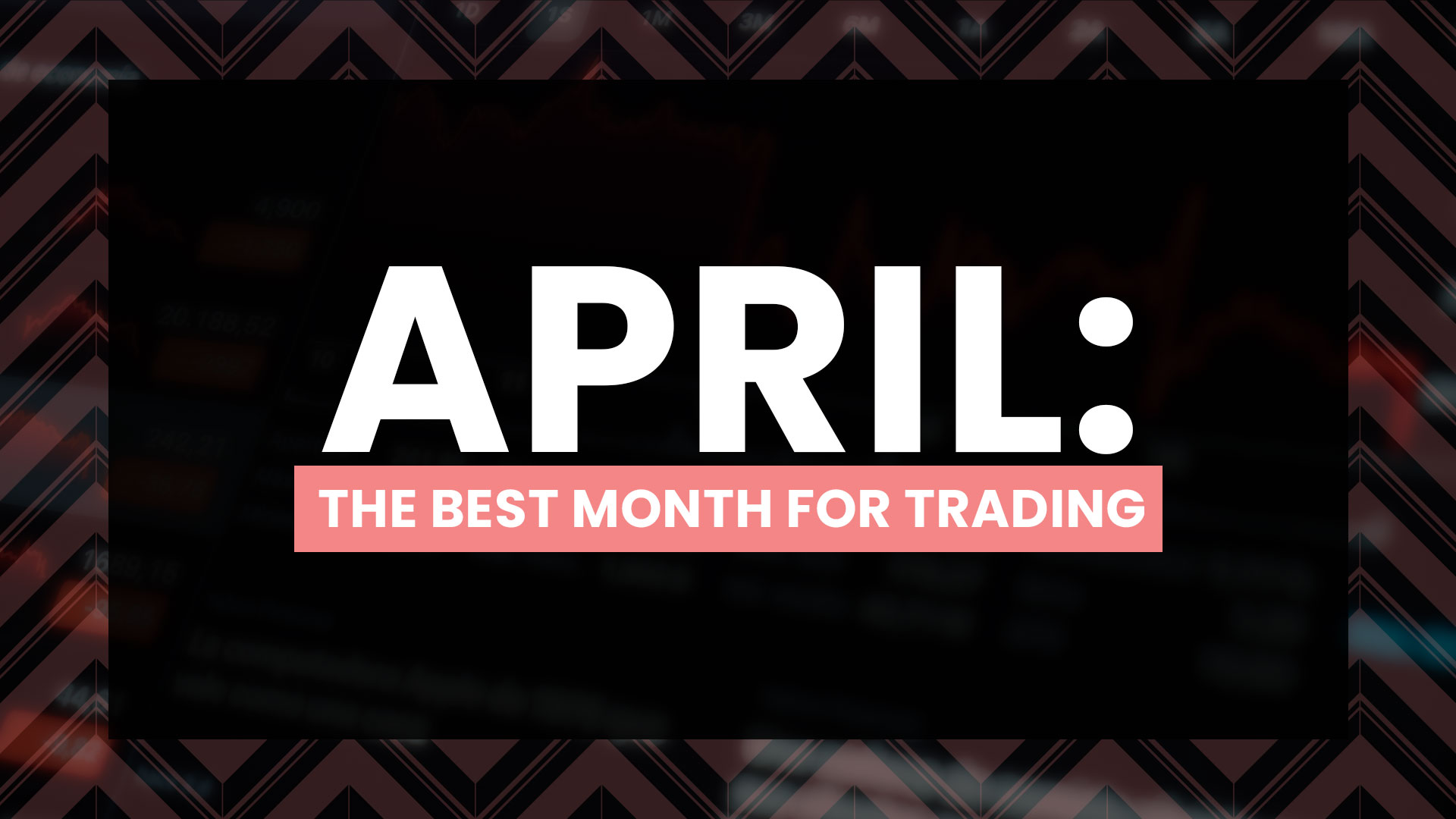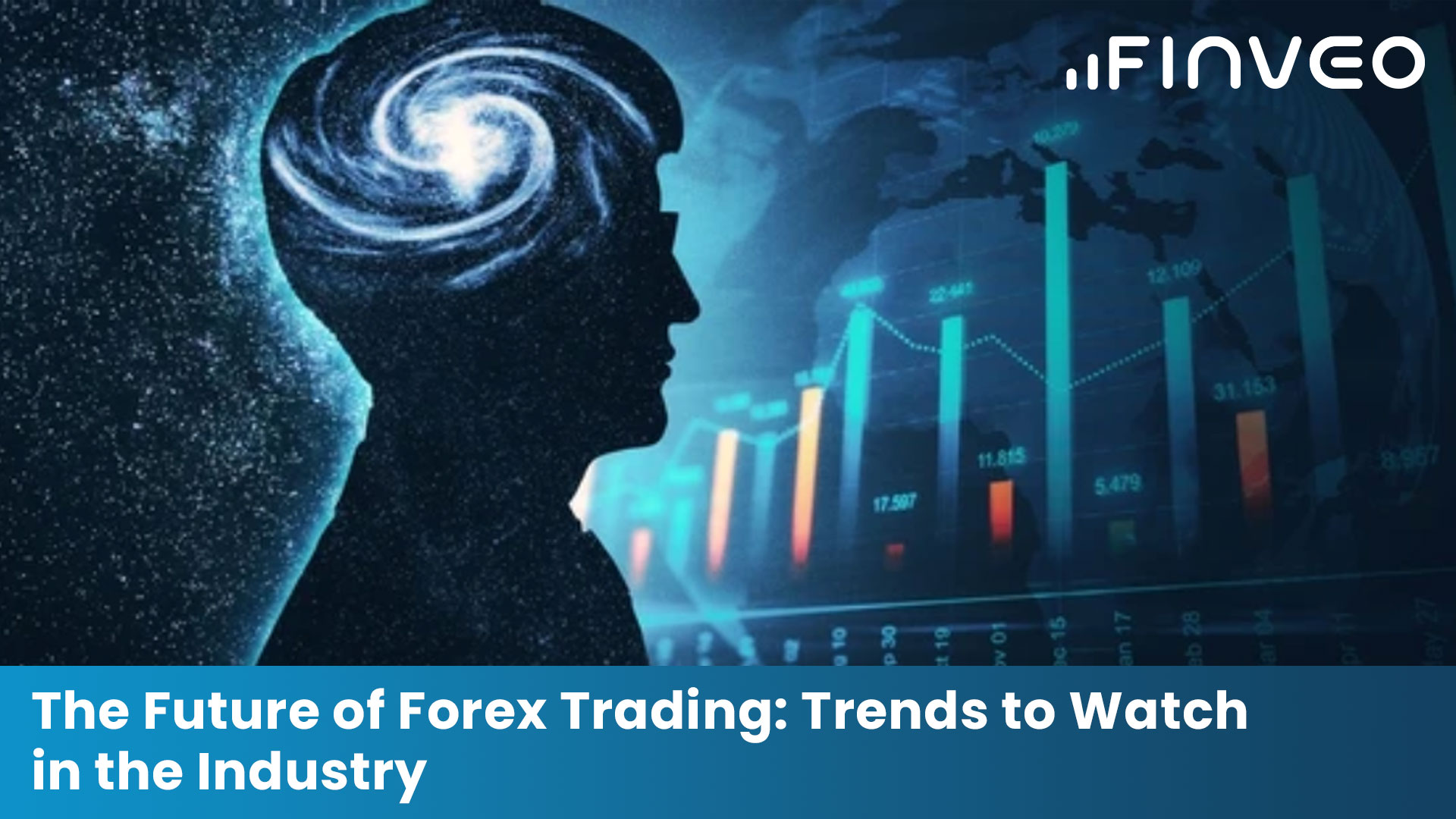Oktoberfest, the world's largest beer festival, has been an integral part of Bavarian culture for over two centuries. Held annually in Munich, Germany, this iconic event draws millions of visitors from around the globe. While it's primarily known for its vibrant celebrations, overflowing beer mugs, and traditional Bavarian cuisine, Oktoberfest also has a significant impact on the financial markets and trading opportunities. In this article, we will explore the history and significance of Oktoberfest, how it influences various markets, and why considering trading commodities like wheat can be a smart financial move during this festive season.
The History of Oktoberfest
The origins of Oktoberfest can be traced back to October 12, 1810, when Bavarian Crown Prince Ludwig (later King Ludwig I) married Princess Therese of Saxony-Hildburghausen. To celebrate the royal wedding, the citizens of Munich were invited to join in the festivities on the fields in front of the city gates. This grand event included horse races, agricultural exhibitions, food stands, and, of course, beer.
Over time, the event evolved and expanded, becoming the Oktoberfest we know today. It typically runs for 16 to 18 days, starting in late September and ending in the first weekend of October. Oktoberfest has become synonymous with beer, with numerous beer tents and breweries participating in the festivities. Visitors enjoy a wide variety of beer styles, traditional Bavarian music, dancing, and delicious food, including sausages, pretzels, and roasted chicken.
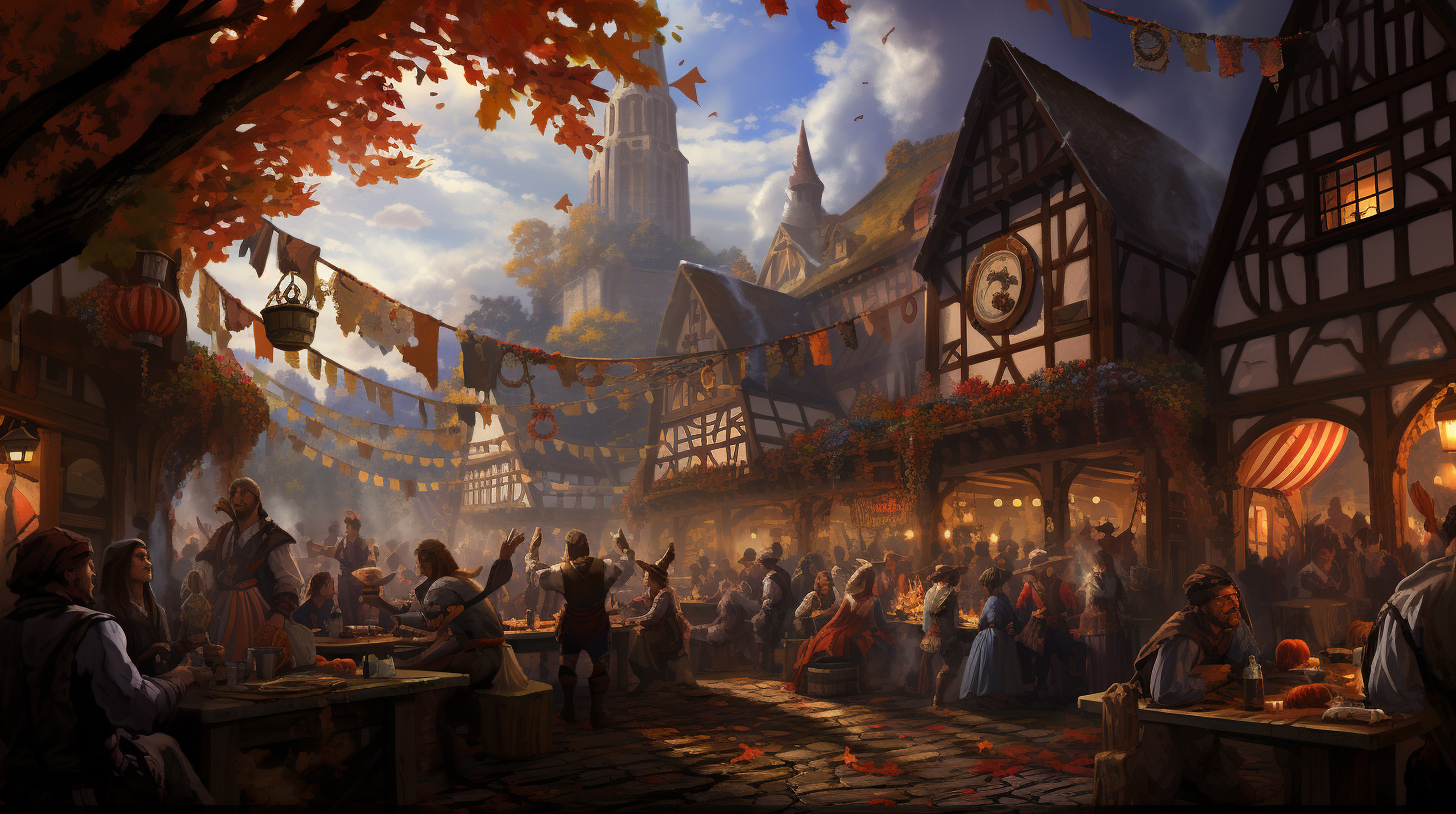
Oktoberfest and the Economy
The economic impact of Oktoberfest is undeniable. It is not just a local festival; it has global significance. Here's how it affects various markets and industries:
- Hospitality and Tourism: Oktoberfest draws tourists from all corners of the world. Hotels, restaurants, and local businesses in Munich experience a significant boost in revenue during this period.
- Brewing Industry: Breweries, especially those in Bavaria, witness a surge in beer production to meet the demand for traditional German lagers and ales.
- Agriculture: The festival's demand for traditional Bavarian food items, such as wheat-based pretzels and bread, drives up the demand for wheat and other grains.
- Transportation: Airlines, trains, and other forms of transportation that connect to Munich see increased bookings, resulting in higher revenues.
- Stock Market: Some beer and hospitality-related stocks may experience short-term price fluctuations during the festival, providing trading opportunities for investors.

Trading Opportunities During Oktoberfest
Oktoberfest is not only a feast for the senses but also a period of potential financial gain for savvy traders. Here's a closer look at why trading during this festive season can be a strategic move, with a focus on commodities like wheat:
Increased Wheat Demand:
Oktoberfest is not just about beer; it's about enjoying a wide variety of traditional Bavarian dishes, many of which are wheat-based. Pretzels, bread, and other wheat-based products are staples at the festival. As millions of festival-goers indulge in these treats, the demand for wheat surges. This uptick in demand can directly impact the price of wheat in the commodities market.
Traders often keep a close eye on this trend, as it can lead to price fluctuations and potential profit opportunities. To capitalize on this, traders may consider buying wheat futures contracts when they anticipate a surge in demand leading up to Oktoberfest.
In-Depth Research:
Wheat prices often follow seasonal patterns influenced by factors like planting and harvesting seasons. Oktoberfest typically occurs during the transition from summer to autumn when crops are being harvested in many parts of the world. As a result, the supply of wheat can be affected.
Traders can analyze historical data and market trends to anticipate how these seasonal patterns might impact wheat prices during Oktoberfest. This analysis can help them make informed trading decisions, such as when to buy or sell wheat contracts.
Diversification Benefits:
Including wheat in your trading portfolio during Oktoberfest can offer diversification benefits. Diversification involves spreading your investments across different assets to reduce risk. By trading wheat alongside other commodities or assets, traders can mitigate the impact of any adverse price movements in a single asset class.
Oktoberfest presents a unique opportunity to diversify your trading strategies and potentially achieve more balanced returns, especially if you already trade in other commodities or financial instruments.
Global Wheat Market:
Wheat is a global commodity, and its price can be influenced by various factors beyond just local demand. Weather conditions, crop yields, international trade agreements, and geopolitical events can all impact wheat prices.
During Oktoberfest, traders should not only consider the local demand for wheat in Germany but also keep a watchful eye on global factors that can affect the wheat market. For example, adverse weather conditions in major wheat-producing regions can lead to supply disruptions and price spikes, offering trading opportunities.
Risk Management:
Trading wheat during Oktoberfest should be approached with a sound risk management strategy. Markets can be volatile, and price fluctuations can occur rapidly. Traders should set stop-loss orders, diversify their portfolios, and stay informed about market news and events that could affect wheat prices.
With prices for a Mass (1 Liter) of beer at Oktoberfest 2023 on the rise, ranging from 12.60 to 14.90 EURO in the various beer tents—an average increase of 6.12% from the previous year—fest-goers might wonder how they can make the most of their spending. However, it's not just about the expense; it's also an opportunity. This price surge reflects the dynamic nature of the festival, influenced by supply and demand, production costs, and more. As you savor your beer and bratwurst, consider this: with prices going up, there's a chance to explore investment opportunities in the production side of the equation.
For instance, commodities like wheat, one of the primary ingredients in beer production, can be an intriguing option. Investing in wheat, especially during the Oktoberfest season, when its demand spikes for brewing purposes, could align your portfolio with the festivities. So, while you enjoy the vibrant atmosphere and cultural delights of Oktoberfest, keep an eye on the evolving market dynamics. It's not just a time for celebration; it's a time for strategic financial thinking. Explore the potential investment avenues and seize the opportunity to make your money work for you, just like the brewers behind those famous beer tents.
Frothy Fun and Fascinating Facts: Oktoberfest Unveiled
As we delve deeper into the captivating world of Oktoberfest, let's uncover some intriguing facts that make this iconic festival even more captivating:
Origin of the Beer Tents: While Oktoberfest is famous for its beer tents today, they didn't make their debut until 1896. The festival initially featured beer stands, and it wasn't until the late 19th century that the now-legendary beer tents were introduced.
The Massive Beer Consumption: In 2019, Oktoberfest attendees consumed a staggering 7.3 million liters of beer. That's enough to fill almost three Olympic-sized swimming pools!
Traditional Dress: Visitors and locals alike often don traditional Bavarian attire during Oktoberfest. For men, this includes lederhosen, while women wear dirndls. These outfits add to the festive atmosphere and are a nod to Bavarian heritage.
A Wide Array of Beers: While beer is the star of the show, there's more variety than you might expect. Oktoberfest beer, also known as Märzen, is a traditional amber lager. However, you'll also find other beer styles, including wheat beer, pilsner, and even alcohol-free options.
Gigantic Pretzels: The pretzels at Oktoberfest are legendary, both in size and taste. These enormous treats, known as "Riesnbrezn," can weigh up to a pound and are perfect for soaking up all that beer.
Amusement Rides: Oktoberfest isn't just about beer and food. It's also home to a vast array of amusement rides, including roller coasters, Ferris wheels, and carousels. These attractions provide entertainment for all ages.
The Historic Parade: The opening day of Oktoberfest features a grand parade, with horse-drawn beer wagons, traditional costume groups, and music bands. It's a colorful spectacle that marks the official start of the festival.
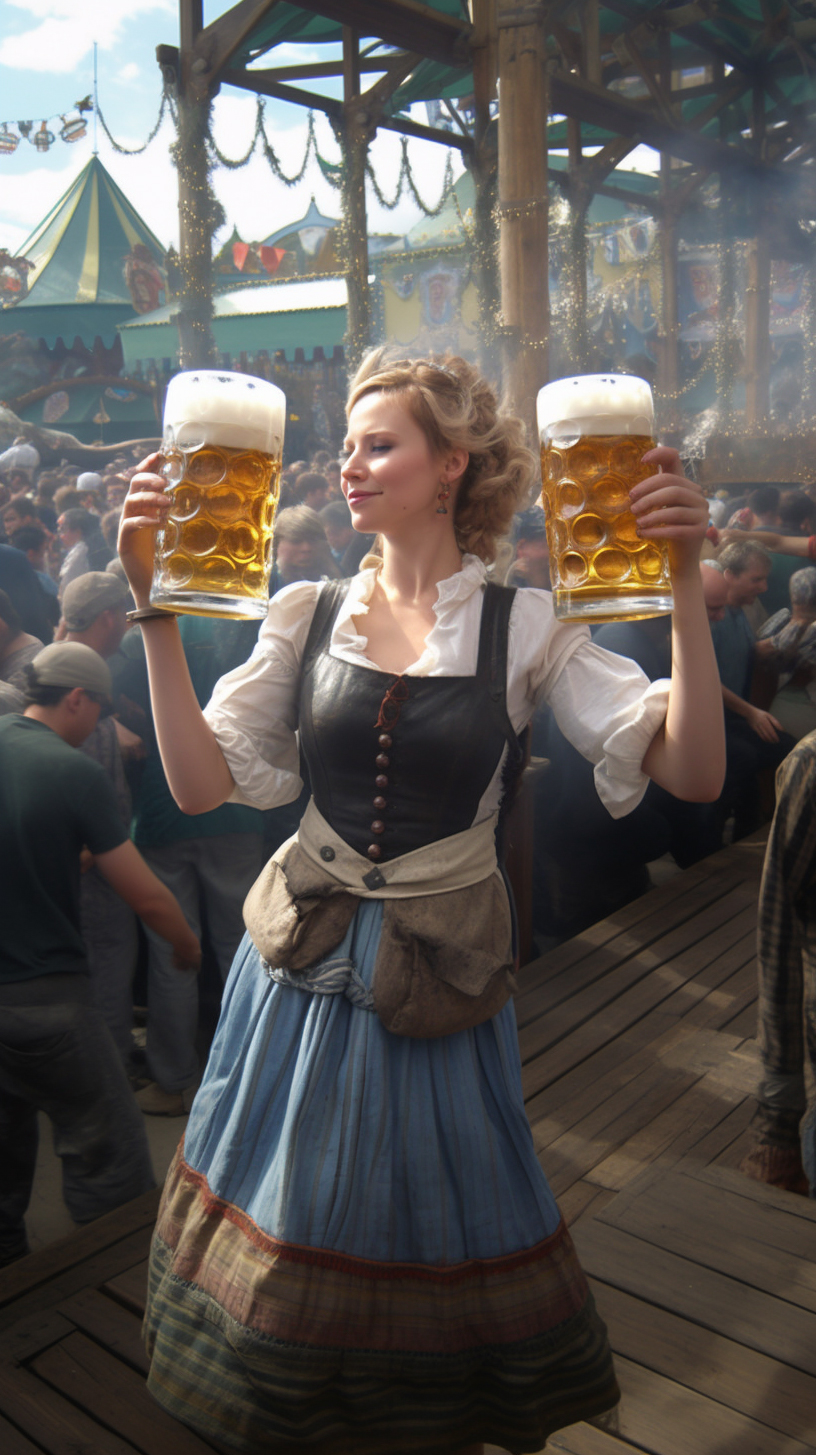
Royal Tradition: Oktoberfest has retained its royal connection over the years. The festival grounds still feature the Bavaria statue, and the mayor of Munich taps the first keg, shouting "O'zapft is!" (It's tapped!) to officially open the beer barrels.
Record-Breaking Moments: In 1984, the festival achieved a world record when a single waitress managed to carry 19 beer mugs, totaling over 40 kilograms (88 pounds). Talk about strength and balance!
Charitable Endeavors: Oktoberfest isn't all about indulgence. Each year, proceeds from the sale of lost and found items, including clothing and wallets, are donated to charity.
These fascinating facts showcase the depth and uniqueness of Oktoberfest. It's not just a beer festival; it's a celebration of tradition, culture, and community that continues to captivate people from all over the world.

Final Thoughts
Oktoberfest is not only a time for celebration but also an opportunity to explore the financial markets. As the festival drives demand for various commodities, including wheat, traders can leverage this seasonal trend to make informed investment decisions. Finveo, as your trusted global broker, offers a platform to trade commodities like wheat, providing you with the tools and resources needed to capitalize on market opportunities.
So, this Oktoberfest, while you savor the traditional Bavarian flavors and soak in the lively atmosphere, don't forget to explore the potential profit opportunities in the markets. Whether you're a seasoned trader or new to the world of trading, Finveo is here to support your financial goals while you enjoy the festivities of Oktoberfest. Prost to both a memorable celebration and smart investments!
Disclaimer: Trading involves risk, and it's essential to conduct thorough research and seek professional advice before making any trading decisions. Past performance is not indicative of future results, and market conditions can change rapidly.
